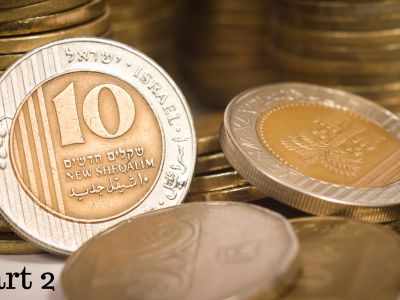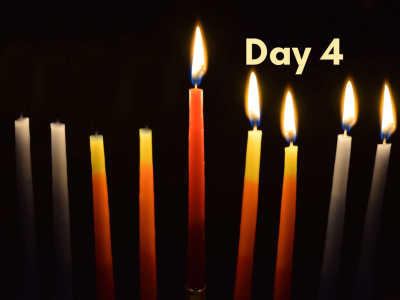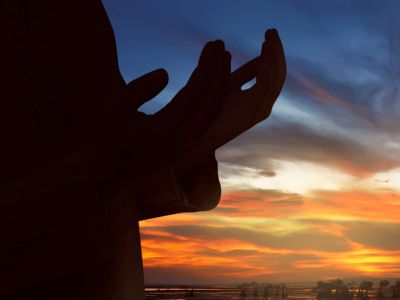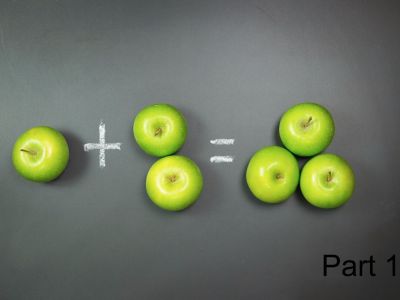Book of Acts – Chapters 8-9
Book of Acts – Chapters 8-9
A Sorcero, Salvation & Saul
from an Original Hebrew Perspective
Introduction
This teaching provides an in-depth exploration of the Book of Acts Chapters 8 and 9, focusing on the Hebrew roots and original context of the narratives. He dispels common misconceptions, particularly about Saul’s conversion to Paul, and examines the events involving Philip, Simon the Sorcerer, and the early spread of the gospel. Pastor Jim Staley begins by dispelling common misconceptions about Paul’s name and discussing significant themes like sorcery and persecution in the early church. He invites listeners to delve into the Book of Acts to understand the historical and theological context of early Christianity.
Philip in Samaria
Philip’s ministry in Samaria marks a significant expansion of the early Christian message beyond Jerusalem. The Samaritans, despised  by the Jews for their mixed heritage and perceived religious apostasy, are receptive to the gospel. Philip’s preaching and miracles attract considerable attention, including that of Simon the Sorcerer. Pastor Jim touches on spiritual warfare and explains that those who do not understand the depth of spiritual warfare, end up being on the losing side of that battle. However, when one understands spiritual warfare, then one will find the only way to defeat the enemy is through two things, obedience and prayer, and that’s why it says that it is the prayers of the righteous that availeth much.
by the Jews for their mixed heritage and perceived religious apostasy, are receptive to the gospel. Philip’s preaching and miracles attract considerable attention, including that of Simon the Sorcerer. Pastor Jim touches on spiritual warfare and explains that those who do not understand the depth of spiritual warfare, end up being on the losing side of that battle. However, when one understands spiritual warfare, then one will find the only way to defeat the enemy is through two things, obedience and prayer, and that’s why it says that it is the prayers of the righteous that availeth much.
Simon the Sorcerer
Simon, a prominent figure in Samaria, was considered a man of God due to his sorcery. However, he is revealed as a fraud when he attempts to buy the Holy Spirit’s power from the apostles. This incident underscores the distinction between genuine spiritual transformation and mere displays of power. Pastor Staley emphasizes that true divine power manifests in a transformed life, not just miraculous signs. When Simon himself was baptized, he continued with Philip and he was amazed seeing the miracles and signs which were done. He wanted what Philip had and was willing to pay for it. The gifts of God, my friend are not for sale. As before, so shall it be in the end. Scripture says that there will be people who will do signs and wonders, but they’re not from God. They’ve tapped into the demonic realm, but they have a form of godliness, and deny the true power. The true power of God is a life transformed.
The Apostles and the Holy Spirit
 The apostles Peter and John are sent to Samaria to lay hands on new believers so they might receive the Holy Spirit. This act signifies a deeper spiritual experience beyond initial baptism. Simon’s attempt to purchase this power is rebuked by Peter, highlighting the incompatibility of divine gifts with material transactions and the necessity of a pure heart.
The apostles Peter and John are sent to Samaria to lay hands on new believers so they might receive the Holy Spirit. This act signifies a deeper spiritual experience beyond initial baptism. Simon’s attempt to purchase this power is rebuked by Peter, highlighting the incompatibility of divine gifts with material transactions and the necessity of a pure heart.
Saul, zealous for Jewish law, persecutes Christians, believing them to be corrupting Judaism. His dramatic encounter with Yeshua (Jesus) on the road to Damascus is a pivotal moment. Blinded by a divine light, Saul hears Yeshua question his persecution of new believers. This event is not merely a personal conversion but a profound theological realignment, as Saul grapples with his understanding of God and Torah.
Theological Insights
The theological implications of these events, particularly the tension between early Jewish believers and traditional Judaism concludes this study of Chapters 8-9. He clarifies that Saul’s zeal was rooted in a desire to protect his faith, not an inherent malice. The narrative reflects broader debates within Judaism about law, circumcision, and the inclusion of Gentiles. This is also a time for all of us who call ourselves believers to look at the road we are traveling. Maybe you are on your own Damascus Road!
Sometimes the bitterness that we have is directly related to our greed, our desire to be in control, and our desire to have power over people. However, if you are a disciple of Jesus Christ, Yeshua of Nazareth, who was born in the house of bread, Bethlehem, then no one has the power to steal anything from you. Jesus said I’ll never leave you or forsake you. Everything in your life is under lock and key in His kingdom, it’s secure. So, if anything is stolen from you, it’s because God allowed it. As Saul did, jump off your horse, fall to your knees before the Son of the living God, and allow Him to transform you into who you need to be! Not to change your name, but to change your authority in his kingdom.













